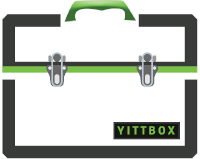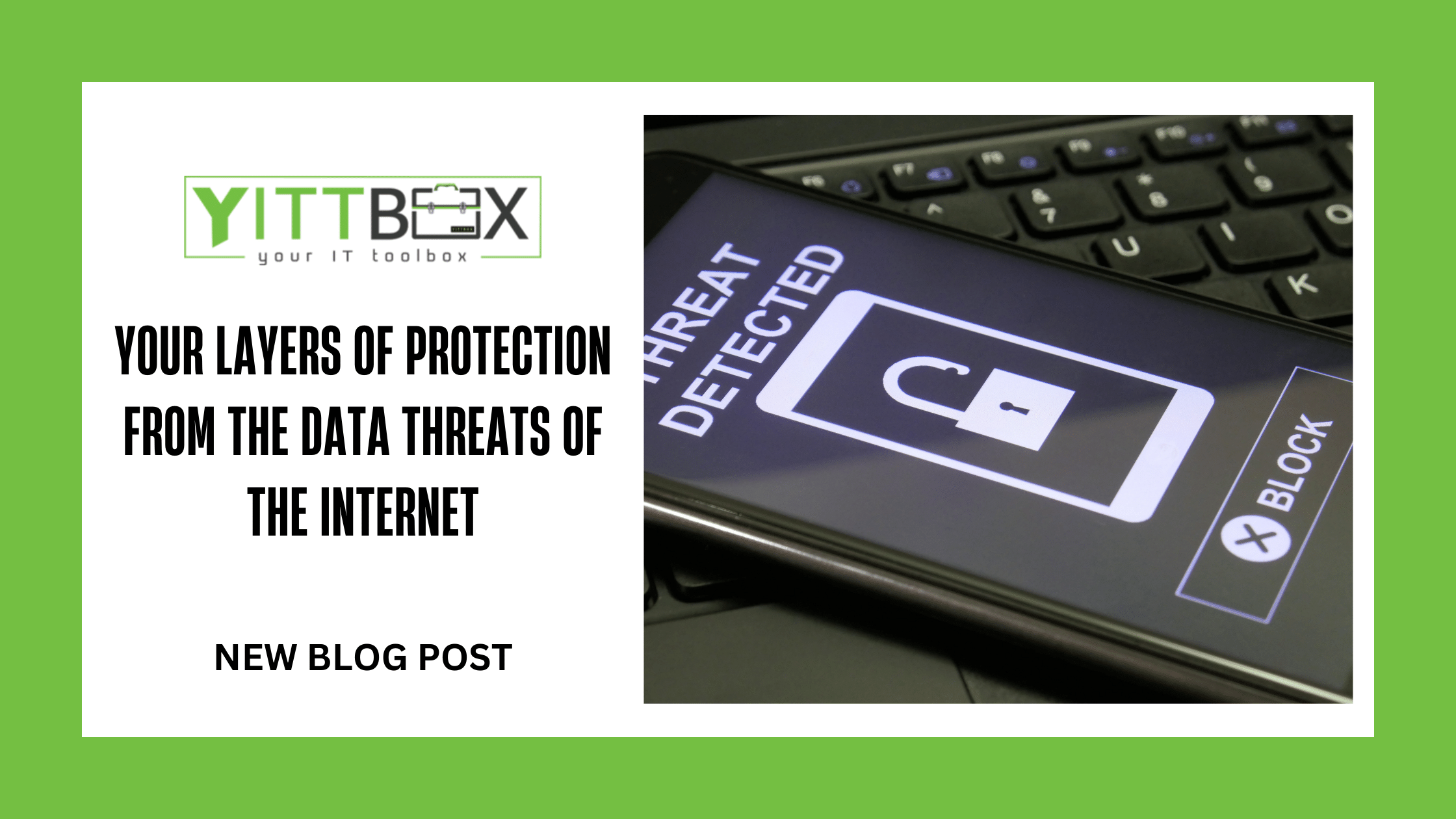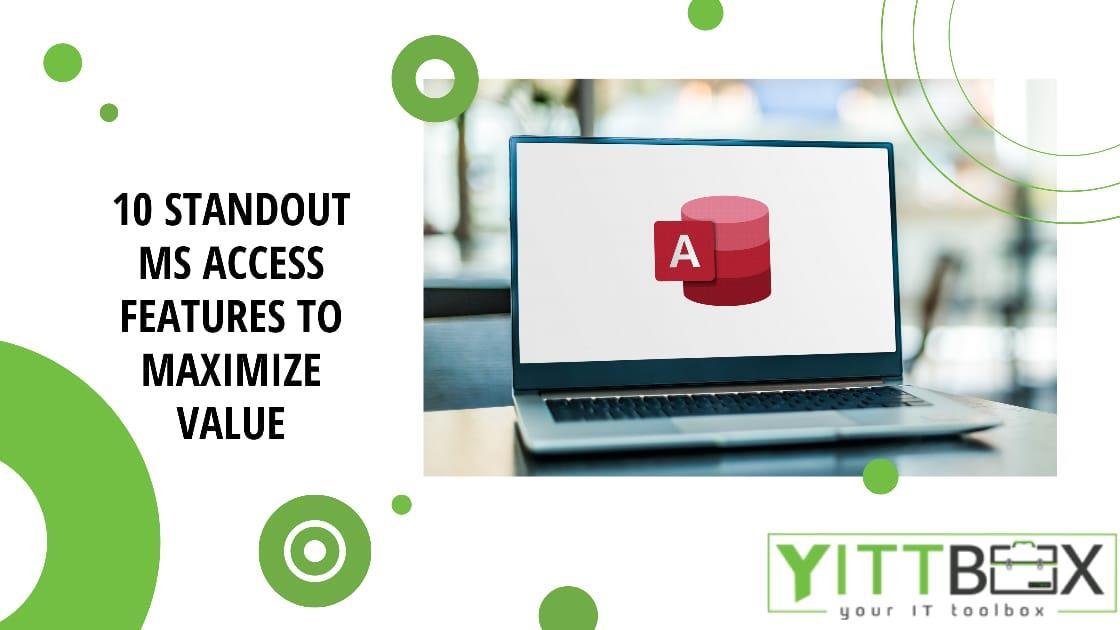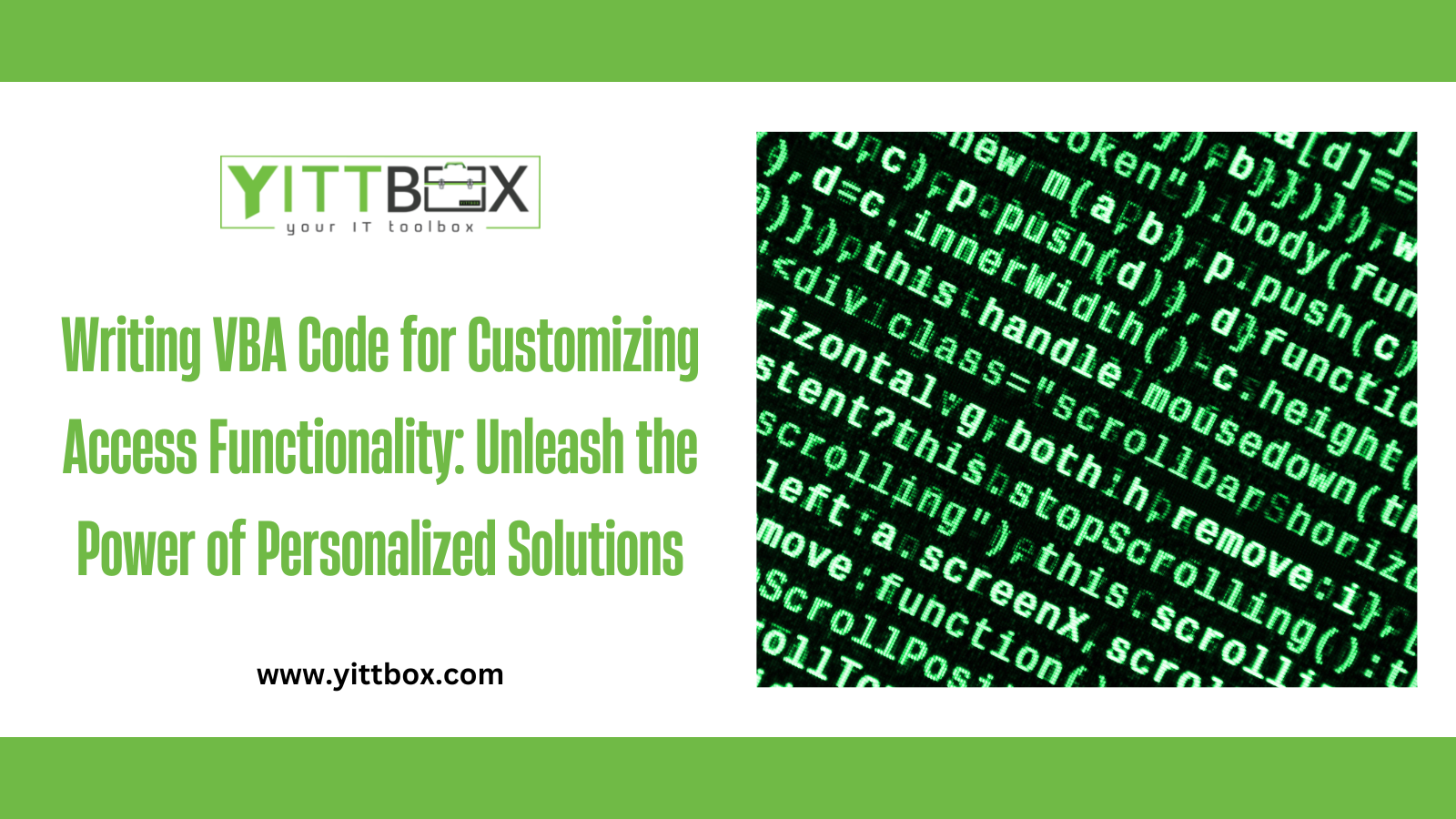Tips On How To Secure A WordPress Site From Getting Hacked
The internet is a glorious resource. Yet, as is the case with all things pleasing- it is also plagued by bleak elements. Hackers are perhaps the epitome of notoriety- often targeting WordPress sites. They attack the theme, login page, files, and plugins. It certainly awakens some qualms, but there are ways for you to protect your web development and WordPress presence with iron-clad security. Read on for some tips on how to secure a WordPress site from getting hacked.
How do hackers target WordPress?
The first step towards preventing hackers from exploiting your site is to understand how they do it. Typically, hackers adopt various types of automated software to creep across the web. These software's, known as bots, hunt for specific shortcomings in the website development.
Install a firewall to protect your WordPress site
Firewalls are software programs that bar intruders from entering and creating havoc. Presently, the best firewall for WordPress is Wordfence- a plugin. Wordfence acts as an investigator and checks the behavior of a website visitor for any abusive patterns intrinsic to bots.
If a bot displays such actions, for instance, by demanding multiple web pages in a short span, Wordfence blocks it. The plugin gives clearance to legitimate bots such as Bing and Google. With advanced features, you can view the profile and type of bots that attack your website.
You can also gain insight into their sources. You have the choice to block bots by their IP addresses, fake browser user agents, or the complete IP address range.
Strengthen the security of your website
A firewall may not be enough to protect the WordPress site you created with hours of website development. You must add extra layers of security. Sucuri Security is a free plugin GoDaddy owns, and it assists in hardening WordPress security against bad bots.
Sucuri sports a feature that scans malware as well, checking files for any suspicious alterations. If a hacker attempts to log into your website, Sucuri will notify you immediately. You can benefit from post-hack security actions too.
Install a login blocker
You must limit logins to your WordPress website to prevent hackers from sabotaging your web development. WordPress serves you with ways to do so. Limit Login Attempts Reloaded is a plugin that facilitates you to block hackers after a stipulated amount of login attempts.
You can also whitelist or blacklist IP addresses. Login blockers are an excellent way to intercept hackers who try to guess passwords.
Create backups of your WordPress site
To buck up your WordPress site is of utmost importance. You should create a backup of your website every single day. It will enable you to recover from any unfortunate hacking incidents.
You can adopt one of many backup solutions, but the UpdraftPlusWordPress Backup Plugin is distinctly useful. You can customize it to provide email backups or send them to cloud storage locations.
Keep your plugins and themes up to date
A factor you cannot overlook for the safety of your WordPress site and web development is software updating. You must update all your themes and plugins. WordPress serves you with ways to do so automatically via auto-update. Outdated themes and plugins significantly compromise your security, so ensure you don’t make this mistake.
Endnotes
Even a small precautionary step can make the difference between a secure and a threatened WordPress website. If you take all the measures mentioned above, you will have adequate fortification from hackers.
Even the free versions of safety plugins offer splendid protection to your web development. If you feel dissatisfied, you can upgrade to premium versions for reinforced security.








